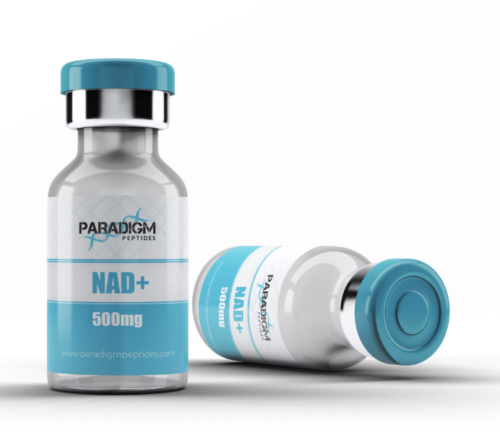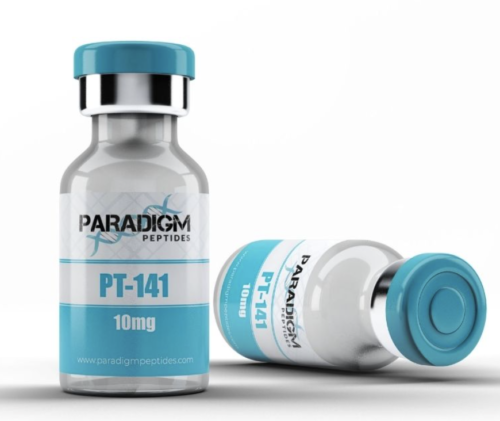Weight Loss
Welcome to our page dedicated to the empowering journey of weight loss and the transformative biohacks that can aid you in achieving your weight management goals. Maintaining a healthy weight is not only important for physical well-being but also for overall health and vitality.
In today’s world, many individuals face challenges when it comes to managing their weight. Factors such as sedentary lifestyles, unhealthy diets, and stress can contribute to weight gain and hinder efforts to shed excess pounds. However, biohacking offers innovative techniques, lifestyle modifications, and holistic approaches to optimize your body’s natural processes and support healthy weight loss.
Biohacks encompass a range of practices, including targeted exercises, dietary adjustments, stress management techniques, sleep optimization, and other evidence-based strategies designed to enhance your body’s metabolism, energy expenditure, and fat-burning potential.
In this comprehensive guide, we will explore various biohacks that have shown promising results in improving weight management. From incorporating high-intensity workouts and interval training to adopting a balanced and nutrient-dense diet, managing portion sizes, and implementing mindfulness practices, we will provide you with practical tips and valuable insights to empower you on your weight loss journey.
It’s important to note that weight loss journeys are highly individual, and what works for one person may not work for another. We recommend consulting with healthcare professionals, nutritionists, or weight management experts to personalize biohacking strategies that align with your specific needs and health conditions.
Get ready to unlock the potential of biohacks and discover effective ways to improve your weight management, enhance your health, and embrace a more vibrant and confident version of yourself. Together, let’s embark on a transformative journey towards achieving sustainable weight loss through the power of biohacking.
Products that may help improve weight loss:











